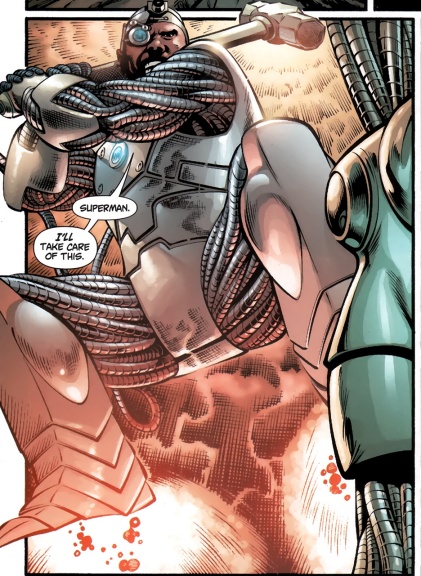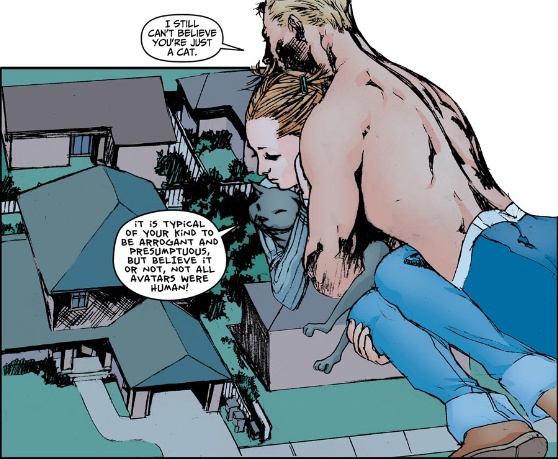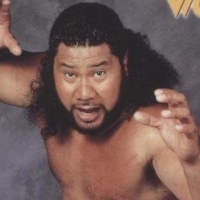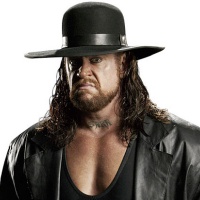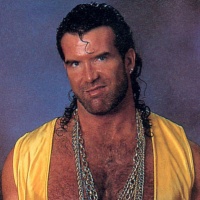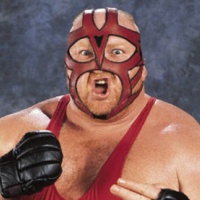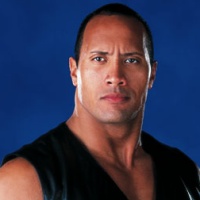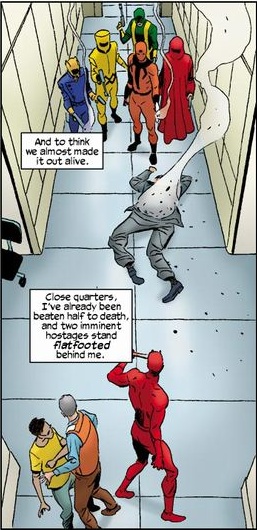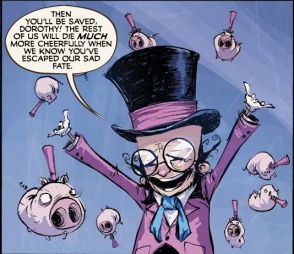
“you know you’re dealing with the yakuza, right?” [takeshi kitano’s outrage]
December 13th, 2011 Posted by david brothers | Tags: roc marciano, takeshi kitanoI saw Takeshi Kitano’s Outrage at the Shattuck in Berkeley this past weekend. It’s my… probably third time seeing it. I bootlegged it back in 2010 when it dropped, and then I bought an official Hong Kong Blu-ray of it. It’s a thoroughly unromantic movie on pretty much every possible level. It’s not the sexy kind of crime movie, not even close. And that got me thinking.
I’m listening to this album right now, Greneberg, that’s actually pretty prime crime rap. Roc Marciano, the emcee on the album, is one of my favorite of this new wave of thugged out rappers. (It’s him, Pill, and Freddie Gibbs, really. That’s another post, maybe.) Part of the thrill of listening to their music is the actual music, of course–Alchemist and Oh No are great on average, fantastic regularly–but Roc Marcy’s rhymes are compelling. He paints a picture of crime that feels pleasingly authentic, brutal, and exciting. The authenticity is what’s crucial here. You listen or read or watch fiction in order to be convinced. You want to believe that this picture the artist is painting is real. In the case of Roc Marciano, its his low voice, ruthless nature, and matter of fact approach. For Scarface, it’s his desperation, storytelling, and bursts of vicious anger.
Part of the appeal of crime fiction is watching someone live out a fantasy that you wouldn’t mind being a part of. It isn’t aspirational exactly, but it’s in the same neighborhood. It gives you a chance to see someone live life according to his own rules, no matter who stands in his way. Sometimes that means Rae and Ghost playing at being coke kingpins. Other times, it’s about DMX raping and murdering everything in sight. It’s transgressive, but in an attractive way. It lets you step outside yourself and into someone else’s shoes.

Why do good girls go for bad guys? Because bad guys lead interesting lives.
I think this is particularly true of crime fiction featuring the yakuza. There’s an exoticness there that’s definitely attractive. The semi-legitimate and public nature of the yakuza, when combined with the organizational structure, fashion, history, and tattoos, is something entirely different from the mafia or street gangs. It’s cooler to read about and more interesting to study. That distance between what we know (mafia) and what we don’t know (yakuza) makes for a tale with built-in appeal.
Outrage feels like a response to the sexiness of the yakuza. I say that it’s unromantic because there is nothing aspirational, or even escapist, about the yakuza in the film. There aren’t any young, attractive dudes following an honorable code of their own. Tattoos are only shown before acts of violence and aren’t idolized in the least. The yakuza themselves, from the boss on down, are disloyal and dishonest, more than willing to lie to their boss’s face or deal drugs if it’ll make them money.

The dishonesty is what’s most interesting, I think. The movie gets going when a boss suggests that a sub-boss re-examine his ties with a man from a rival crew. The underling’s solution is to have Otomo, played by Takeshi Kitano, use his gang to start a minor argument. Otomo, ever-loyal, does just that, and what follows are a series of betrayals on every possible level. Boss betrays sub-boss, sub-boss betrays friend, and everything rolls downhill.
Thinking about it, Outrage is about a lack of integrity. The members of Otomo’s gang range from loyal to disloyal, but the traitors never cross Otomo in an open way. They skim off the top and look for ways to make their lives better. They do their dirt in secret, just like everyone else. The bosses speak out against dealing drugs, but just do it on the side anyway.
I can only think of one character with a speaking role who isn’t compromised. He’s a cop whose anger at a smoking yakuza is far out of proportion. His anger suggests frustration and impotence more than anything else. He isn’t telling the yakuza not to litter because he really believes in keeping the environment clean. He’s telling him that because that’s the only level of control he can exert over them. (There’s a couple of others who speak, generally waiters or greeters, but they say nothing of substance beyond “irasshaimase” and maybe “arigato gozaimasu.”)

That’s because a high-ranking and upwardly mobile officer is in bed with the yakuza. He lets them know about surveillance, drops tips in their lap, and takes part in sham interrogations. But he’s nothing more than a crony. He sold his soul for cash, and once he’s no longer useful, he’s no longer going to be paid.
One of the more interesting characters is a civilian who uses his place to throw parties with drugs and gambling. That lack of integrity makes him vulnerable to being taken advantage of, and when he sees a way to get out of his predicament, he trades freedom for money. He follows his baser instincts.
Outrage explores corruption and the fact that it isn’t something you can easily contain. It seeps and spreads and infests and eventually ends you. There are a few characters that aren’t loathsome (Otomo, Ozawa, and Mizuno), but you don’t want to be any of them. You don’t even want to step into their shoes to get just a taste of the life. This movie isn’t about the triumph of a criminal so much as the downfall of one. They’re all mired in corruption and compromise, and it damns them.
Not to say there aren’t several cool characters, of course. I liked Ishihara, who was played by Ryō Kase. Mizuno (Kippei Shiina) was great. Ozawa was played by Tetta Sugimoto, who is the exact kind of older dude who can really anchor a movie. I’d like to see more with that guy, in fact. But I like these characters in spite of their actions, not because of them. They played their roles to the hilt, but I never wanted to slip into their lives for a moment.

Outrage is good stuff. I liked it a lot, in part because it was so unsentimental and raw. There’s no fantasy here, nothing you’ll daydream about doing. Scarface is an intensely aspirational and escapist movie, and even though Tony dies at the end, it doesn’t play out like Outrage does. Tony led a glamorous and amazing life before Sosa takes him down. In Outrage, you get the barest glimpse of the benefits of life in the yakuza, and that’s always tainted.
You can rent it on Amazon for seven bucks, catch it in theaters, or get the blu-ray
in January.

